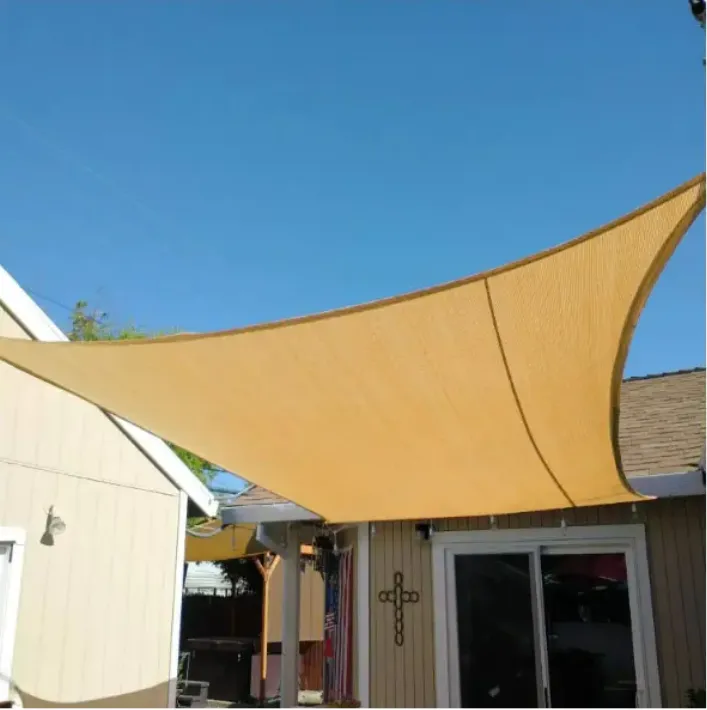-
 Afrikaans
Afrikaans -
 Albanian
Albanian -
 Amharic
Amharic -
 Arabic
Arabic -
 Armenian
Armenian -
 Azerbaijani
Azerbaijani -
 Basque
Basque -
 Belarusian
Belarusian -
 Bengali
Bengali -
 Bosnian
Bosnian -
 Bulgarian
Bulgarian -
 Catalan
Catalan -
 Cebuano
Cebuano -
 China
China -
 Corsican
Corsican -
 Croatian
Croatian -
 Czech
Czech -
 Danish
Danish -
 Dutch
Dutch -
 English
English -
 Esperanto
Esperanto -
 Estonian
Estonian -
 Finnish
Finnish -
 French
French -
 Frisian
Frisian -
 Galician
Galician -
 Georgian
Georgian -
 German
German -
 Greek
Greek -
 Gujarati
Gujarati -
 Haitian Creole
Haitian Creole -
 hausa
hausa -
 hawaiian
hawaiian -
 Hebrew
Hebrew -
 Hindi
Hindi -
 Miao
Miao -
 Hungarian
Hungarian -
 Icelandic
Icelandic -
 igbo
igbo -
 Indonesian
Indonesian -
 irish
irish -
 Italian
Italian -
 Japanese
Japanese -
 Javanese
Javanese -
 Kannada
Kannada -
 kazakh
kazakh -
 Khmer
Khmer -
 Rwandese
Rwandese -
 Korean
Korean -
 Kurdish
Kurdish -
 Kyrgyz
Kyrgyz -
 Lao
Lao -
 Latin
Latin -
 Latvian
Latvian -
 Lithuanian
Lithuanian -
 Luxembourgish
Luxembourgish -
 Macedonian
Macedonian -
 Malgashi
Malgashi -
 Malay
Malay -
 Malayalam
Malayalam -
 Maltese
Maltese -
 Maori
Maori -
 Marathi
Marathi -
 Mongolian
Mongolian -
 Myanmar
Myanmar -
 Nepali
Nepali -
 Norwegian
Norwegian -
 Norwegian
Norwegian -
 Occitan
Occitan -
 Pashto
Pashto -
 Persian
Persian -
 Polish
Polish -
 Portuguese
Portuguese -
 Punjabi
Punjabi -
 Romanian
Romanian -
 Russian
Russian -
 Samoan
Samoan -
 Scottish Gaelic
Scottish Gaelic -
 Serbian
Serbian -
 Sesotho
Sesotho -
 Shona
Shona -
 Sindhi
Sindhi -
 Sinhala
Sinhala -
 Slovak
Slovak -
 Slovenian
Slovenian -
 Somali
Somali -
 Spanish
Spanish -
 Sundanese
Sundanese -
 Swahili
Swahili -
 Swedish
Swedish -
 Tagalog
Tagalog -
 Tajik
Tajik -
 Tamil
Tamil -
 Tatar
Tatar -
 Telugu
Telugu -
 Thai
Thai -
 Turkish
Turkish -
 Turkmen
Turkmen -
 Ukrainian
Ukrainian -
 Urdu
Urdu -
 Uighur
Uighur -
 Uzbek
Uzbek -
 Vietnamese
Vietnamese -
 Welsh
Welsh -
 Bantu
Bantu -
 Yiddish
Yiddish -
 Yoruba
Yoruba -
 Zulu
Zulu
Effective Insect-Resistant Net House for Optimal Plant Protection and Growth
Insect-Proof Net Houses The Future of Sustainable Agriculture
As the global population continues to rise, the demand for food is increasing exponentially. To meet this growing need, agricultural practices must become more efficient, sustainable, and resilient. One innovative solution that has gained traction in recent years is the use of insect-proof net houses. These structures not only protect crops from pests but also offer a myriad of benefits that contribute to sustainable farming.
Insect-proof net houses, commonly known as insect netting or anti-insect houses, are specially designed agricultural structures covered with fine mesh nets. These nets allow sunlight, air, and rain to penetrate while effectively blocking unwanted pests such as aphids, whiteflies, and other insects that can devastate crops. This method of cultivation minimizes the reliance on chemical pesticides, thereby promoting environmental sustainability and reducing potential health risks for farmers and consumers alike.
Insect-Proof Net Houses The Future of Sustainable Agriculture
Moreover, insect-proof net houses contribute significantly to water conservation. Traditional farming practices often lead to significant water loss through evaporation, especially in open fields. In a net house, the microclimate created helps retain moisture, reducing the need for irrigation. This makes it an ideal solution for arid regions where water scarcity is a pressing issue.
insect proof net house

The economic benefits of insect-proof net houses are also notable. Farmers can experience higher yields due to reduced pest damage, leading to better market prices for their produce. The initial investment in constructing a net house may be higher than traditional farming methods; however, the long-term savings on pesticides, fertilizers, and water can outweigh these costs. Additionally, with the growing consumer interest in organic and sustainably-grown food, farmers using insect-proof net houses can tap into lucrative markets and enhance their profit margins.
Furthermore, these structures are not solely beneficial for crops; they also support biodiversity. By reducing the use of chemicals, farmers can create a healthier ecosystem, encouraging beneficial insects, pollinators, and microorganisms to thrive. This holistic approach to farming not only supports crop health but also contributes to the resilience of local ecosystems.
The adaptability of insect-proof net houses makes them suitable for various types of crops, from fruits and vegetables to flowers and medicinal plants. They can be designed to fit any scale of operation, whether on a small family farm or a large commercial enterprise. This versatility allows farmers across the globe to harness this technology, tailoring their practices to local conditions and crop needs.
In conclusion, insect-proof net houses represent a significant advancement in the pursuit of sustainable agriculture. By protecting crops from pests, conserving water, enhancing yields, and promoting biodiversity, these structures offer a comprehensive solution to many of the challenges faced by modern farmers. As we move towards a more food-secure future, the adoption of insect-proof net houses can play a pivotal role in revolutionizing agricultural practices globally. Embracing such innovative solutions will not only help feed the growing population but also protect our planet for future generations.
-
Shipping Plastic Bags for Every NeedNewsJul.24,2025
-
Safety Netting: Your Shield in ConstructionNewsJul.24,2025
-
Plastic Mesh Netting for Everyday UseNewsJul.24,2025
-
Nylon Netting for Every UseNewsJul.24,2025
-
Mesh Breeder Box for Fish TanksNewsJul.24,2025
-
Expanded Steel Mesh Offers Durable VersatilityNewsJul.24,2025











